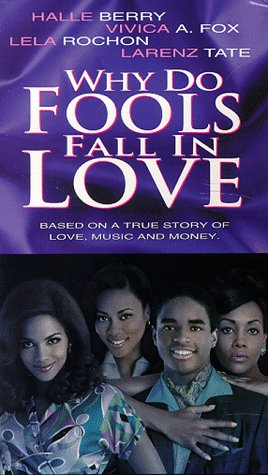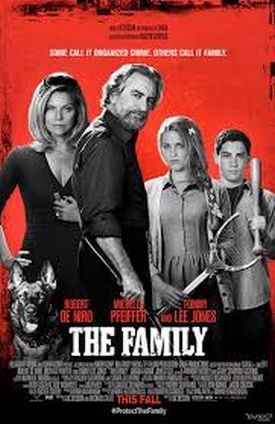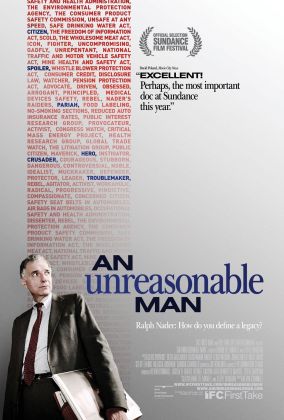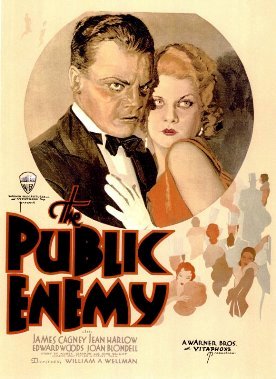Why Do Fools Fall in Love
Why Do Fools Fall in Love — apparently meant to be rendered without its mark of interrogation — is written by Tina Andrews and directed by Gregory Nava and is based on real events. Frankie Lymon (Larenz Tate) wrote and sang the Do-Wop hit of the 1950s of that name and never rose to that height again. For the next thirteen years he had a series of lesser records, bouts of drug addiction and more-or-less successful comeback attempts before he died of an overdose in 1968. Also marriages. He contracted three of them without bothering to divorce number one before marrying number two, or number two before marrying number three. As a result, the three wives went to court in the mid-1980s to contest their respective claims to the royalties accruing to the owner of the copyright on Why Do Fools Fall in Love, rumored to be worth $4 million.
The result is a courtroom drama with three hot black actresses as the three wives playing a female version of the insult game, “the dozens,” with each other and interspersed with flashbacks which recount the melancholy history of Frankie’s decline. It is not an unfamiliar cinematic experience, this story of a fresh-faced and likable kid from Harlem who becomes a star, eventually turning from a monster of pride to a despicable and pathetic wreck of a human being. Like A Star is Born and other sternly quasi-didactic films of the 1930s to the 1950s, it has a moral for us about the enticements and the delusions of fame and money. But it is not really a throwback. This moral is only a matter of going through the motions.
Somewhat more convincing is the moral that has to do with sisterly solidarity and the beastliness of men. For the three wives — Elizabeth or “Mickey” Waters (Lela Rochon), Zola Taylor (Halle Berry) and Emira Eagle (Viveca Fox) — begin by insulting and screeching at each other. They trumpet their own attractiveness and desirability to men and disparage that of their rivals, pretending to understand why the swine of a man they are fighting over, long dead, could have treated the others so badly, though not themselves. Gradually they come to an apparently harmonious understanding, based on their common victimization at the hands of the same man, only to break up again into further recriminations when the winner refuses to abide by their agreement to share the more and more diminutive jackpot.
Girls! Girls! Why do you allow sisterhood to break down over men and money? Especially when the man has treated you all so badly and the money has turned out to be so little — as the result of skullduggery by a Jewish agent (Paul Mazursky). This development must at least skirt the edges of anti-Semitism, and it suggests the reason why the film’s moral is ultimately incoherent. For, like the women, it can never really stop believing, in spite of all it has been through, in the seductions of fame and money whose falseness and deceptiveness this basic filmic template was designed to expose. Like the women too, it is secretly rather proud of the trail of drugs and sex and violence and criminality left in its wake. That, we are left to suppose, is what living is all about.
Can’t see it myself.
Discover more from James Bowman
Subscribe to get the latest posts to your email.








